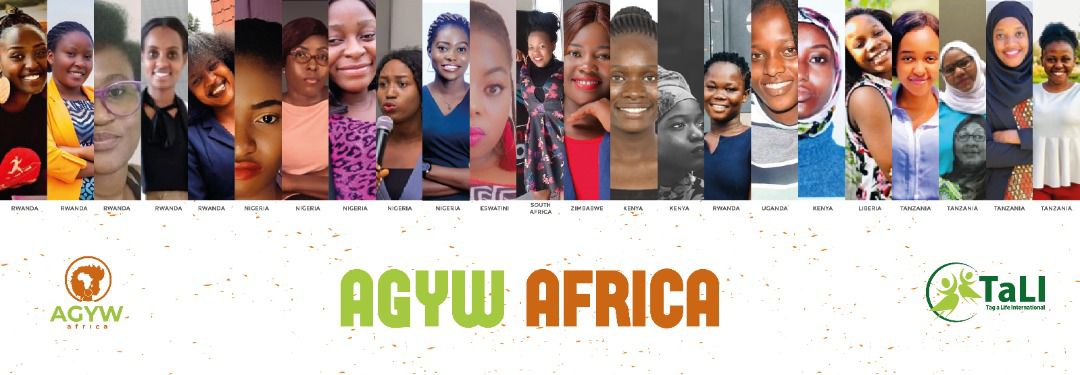|
Getting your Trinity Audio player ready...
|
African girls and young women have sent demands to African governments to prioritise funding of their issues as the world is rebuilding from the ruins of Covid-19. This week, 330 girls from the regions East, Southern, and West Africa converged in person and virtually in 15 countries at the platform Adolescent Girls and Young Women – AGYW Africa, to discuss issues affecting young women’ rights in Africa pre and post-Covid 19, and to come up with solutions.
This comes at the backdrop that AGYW and women have suffered the most due to Covid-19 and as such global leaders including African leaders, need to deliberately consider this as they allocate resources for rebuilding from the pandemic destruction.
The girls used the first two days of the AGYW Conference to map their issues and to share experiences according to their regions. Southern Africa was represented by Zambia, Malawi, South Africa, Eswatini, and Zimbabwe. Kenya, Uganda, Rwanda, Tanzania, and Ethiopia represented East Africa while West Africa was represented by Ghana, Nigeria, Sierra Leone, Senegal, and Liberia during the conference. The participants comprised of adolescent girls and young women aged between 16 and 25.
On day 3 of the AGYW Conference which fell on the global launch of 16 days of activism against gender-based violence on the 25th of November 2021, the girls released their Communique before diplomats and high-profile delegates.
In attendance and in solidarity were the Ambassadors of Canada to Zimbabwe and Angola, High Commissioner Designate to Botswana Ambassador Christina Buchan, H.E Emmanuel David Mbennah of Tanzania, and H.E Nikuze Nkusi Euphrasie Deputy Ambassador Rwanda.
The Zimbabwe Gender Commission was represented by Honourable Commissioner Tsungirirayi Hungwe Chimbunde. The girls identified what they called non-negotiable asks and those that were negotiable and presented them according to their regions.
The young women appreciated the efforts that have been made by their home countries who are mostly signatories to a number of conventions to protect the development and well-being of the most marginalized that is the girls and women, which include; The African Charter on Human and People’s rights in Africa, the United Nations (UN) Convention on the Elimination of all Discrimination against Women.
Although significant development can be acknowledged made by most African States to the empowerment of women and girls, progress continues to be hampered by corruption, poor social services, and systems, as well as poor enforcement mechanisms to bring the rights of women and girls to reality.
In drafting their position paper, the young women were guided by six thematic areas, namely, Adolescent Girls and Young Women Empowerment (Economic and Leadership Participation), Gender-Based Violence (GBV) and Peace Building, Education and Psycho-Social Support, SRHR, and HIV/AIDS Prevention and Management of Covid-19, Information Communication Technologies (ICTs) and Environment and Climate Change issues.
The Communique is targeted at the African Heads of States via the African Union which is currently engaging to rebuild the continent. Home countries of these regions are also targeted as they are the rights holders, givers, and resource allocators. It is further targeted at developmental funders that include bilateral and multilateral development partners. It finally targets continental blocks such as the Southern African Development Community (SADC), Common Market for Eastern and Southern Africa (COMESA), Economic Community of West African States (ECOWAS) among others.






